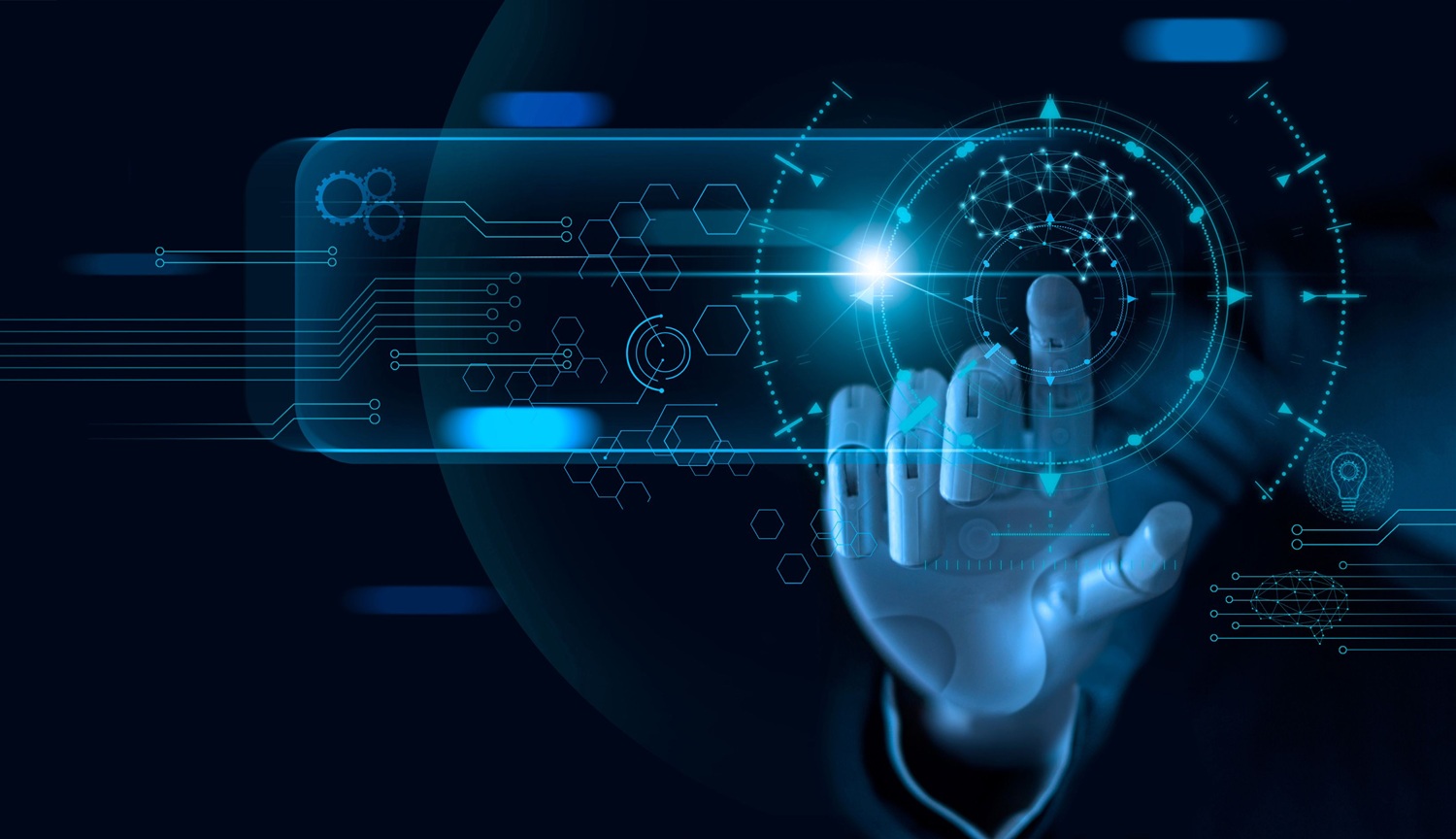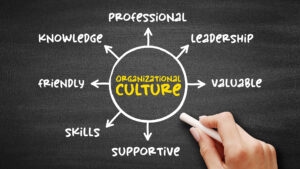Today, technological evolution is a continuous process. Amidst all algorithms and automations, one truth prevails: real transformations start with real people. Coaching in the modern technology-driven world is a safe space for personal clarity, deep listening, and leadership evolution.
Artificial intelligence (AI) is transforming the workplace. Most transformation focuses on automation and organizational strategies, but a huge potential of AI lies in empowering teams to be more engaged, grow quicker, and work smarter.
Let’s explore how AI-driven coaching can empower teams to deliver their best performance:
1. Personalized Feedback and Growth Insights
Each individual team member possesses their unique career goals, challenges, and strengths. Using AI-powered tools, trainers can improve the outcomes of a leadership coaching program by tailoring personalized feedback based on individual performance. These tools offer actionable and real-time insights to enable participants to understand their strengths and weaknesses for their personal growth.
2. Smarter Goal Setting and Tracking
Trainers can use AI tools to set achievable, aligned, and measurable goals. These tools will analyze performance data to identify patterns and recommend benchmarks and next steps. Using the skills and strategies acquired from team coaching programs coupled with AI-driven analytics, participants can focus on their goals and stay motivated. As they progress towards their goals, the tools offer updates to reinforce positive behavior.
3. Proactive Support for Challenges
Automation flag early signs of burnout, disengagement, and performance dips without landing in critical situations or during annual reviews. The best leadership coaching programs can then offer proactive support, ensuring participants receive the encouragement and strategies to overcome hurdles before these escalate.
4. Foster Continuous Learning
AI not only monitors performance but also guides learning. Based on the participants’ interests, performance, and roles, AI tools recommend personalized development strategies to develop skills needed for their personal and professional growth.
The Human Connection
The real power of AI and people’s collaboration lies in human skills. These bring the context, ethical, and value considerations needed by AI to provide meaningful and responsible results. Here is how the best leadership team coaching programs bridge the AI-human gap:
1. Developing Trust
Deep-rooted trust is crucial for coaching to be effective. This is more important while dealing with significant personal challenges and vulnerabilities. Although AI provides a non-judgmental space, developing trust requires a human coach. Building functional trust in AI tools depends on transparency, data security, and consistency in delivering reliable performance, which is a huge ask.
2. Emotional Intelligence and Empathy
Even the most sophisticated AI technology cannot replicate genuine human empathy or possess emotional intelligence to understand human feelings. AI tools are capable of simulating empathetic responses derived from learned patterns but lack the intuitive grasp and experience of understanding human emotions. This limitation reduces the effectiveness of coaching in situations that need deep emotional support or navigating sensitive interpersonal dynamics.
3. Group Dynamics and Cultural Nuances
AI coaching often works well in one-on-one models. Often, it may lack the capability to effectively manage group coaching or understand the deep cultural nuances and lived experiences that are important in diverse and globalized leadership contexts.
4. Transactional or Transformational Coaching
AI-driven coaching is effective for structured skill development, goal tracking, and offering performance-based feedback (transactional coaching). However, there may be some limitations while facilitating deeper mindset changes and identity shifts related to transformational coaching. A blended approach using AI for scalable practice and human coaches for deep transformation can be the most effective in such situations.
5. Strategic Partnership
AI can automate basic feedback and content delivery, allowing coaches to eliminate transactional tasks and adopt a more strategic approach. They can focus on delivering effective learning experiences, curating content, offering strategic advice, and facilitating change management for talent development.
The AI era offers tremendous opportunity for reimaging the workplace by combining cutting-edge technology and human ingenuity. However, this potential can be leveraged only when skill gaps are addressed.
At the core, coaching is all about connections. When someone listens deeply, believes, and helps participants unlock their potential, it cannot be replaced by machines.
And that is why human coaches will always matter.
Ready to take the first step towards human connections? Explore our leadership training programs.





